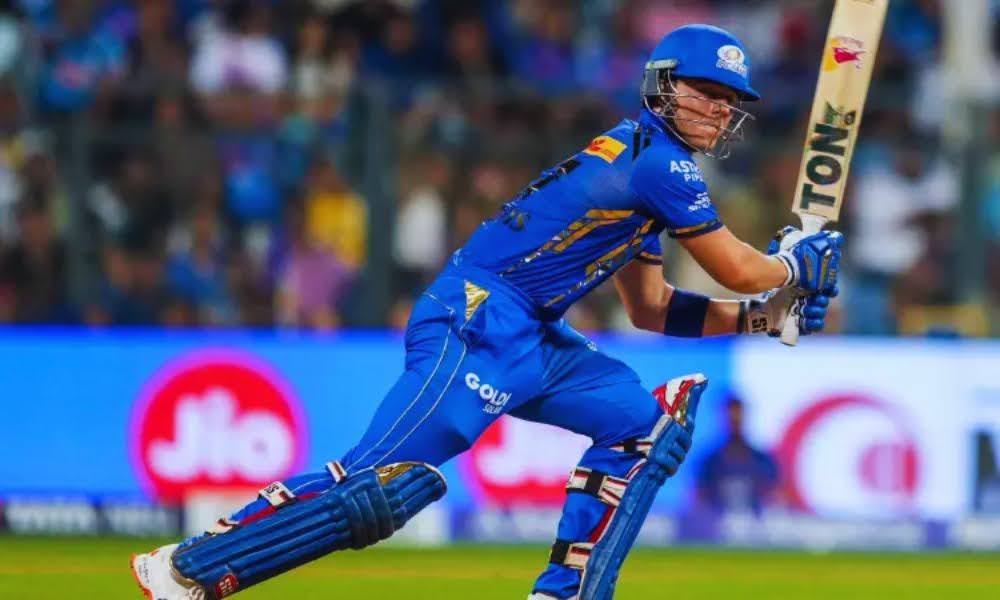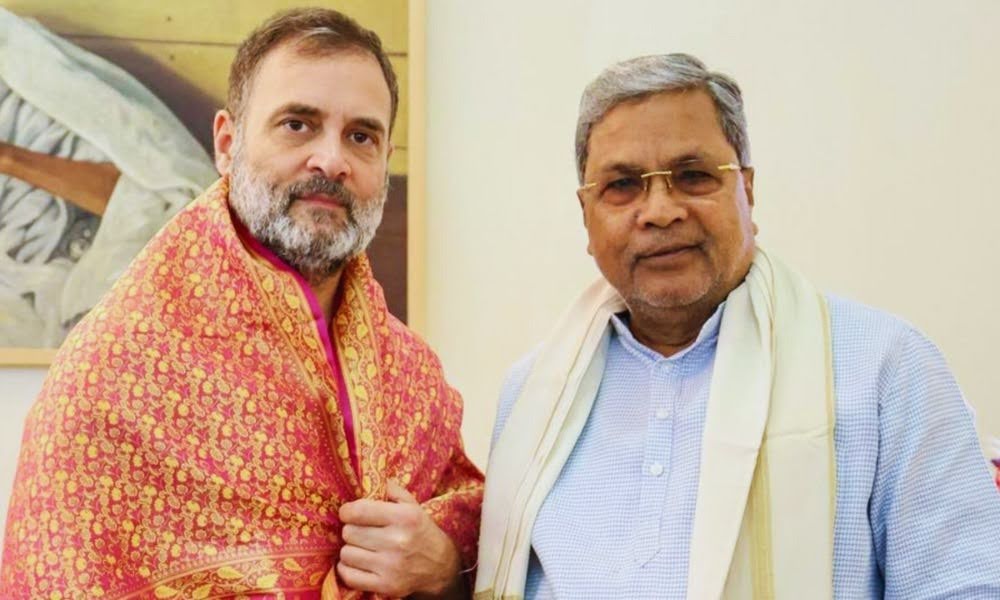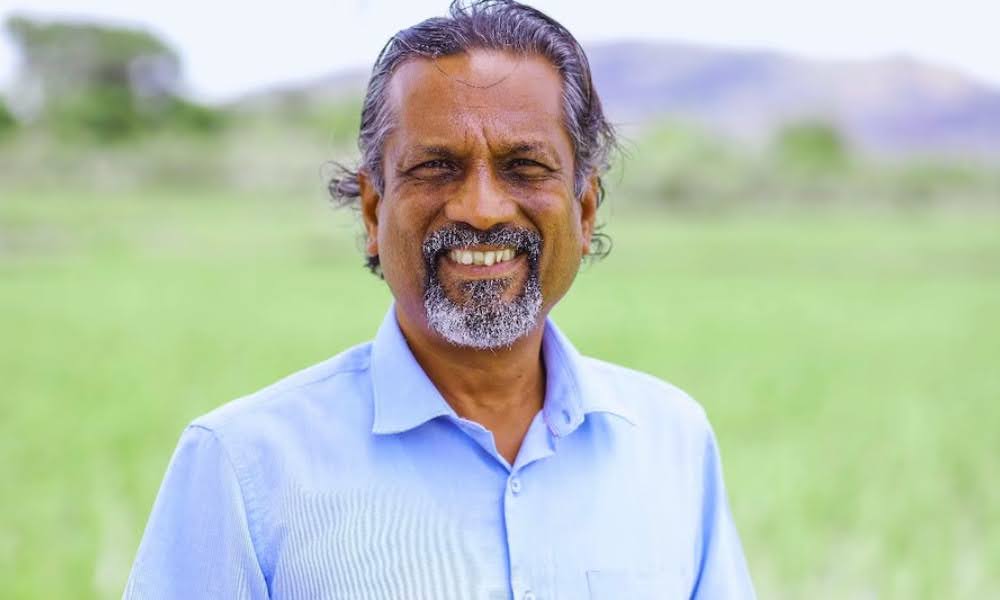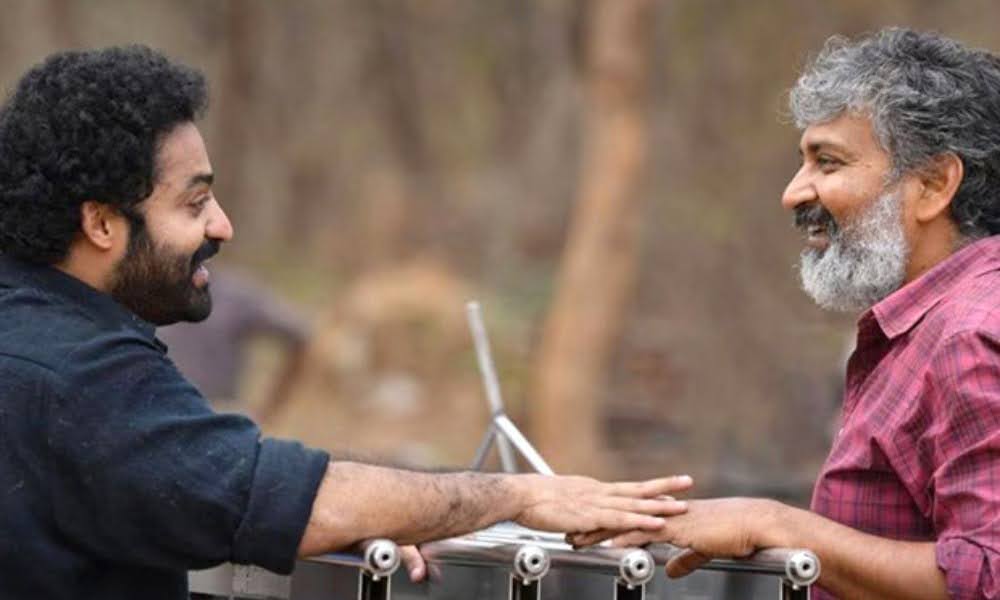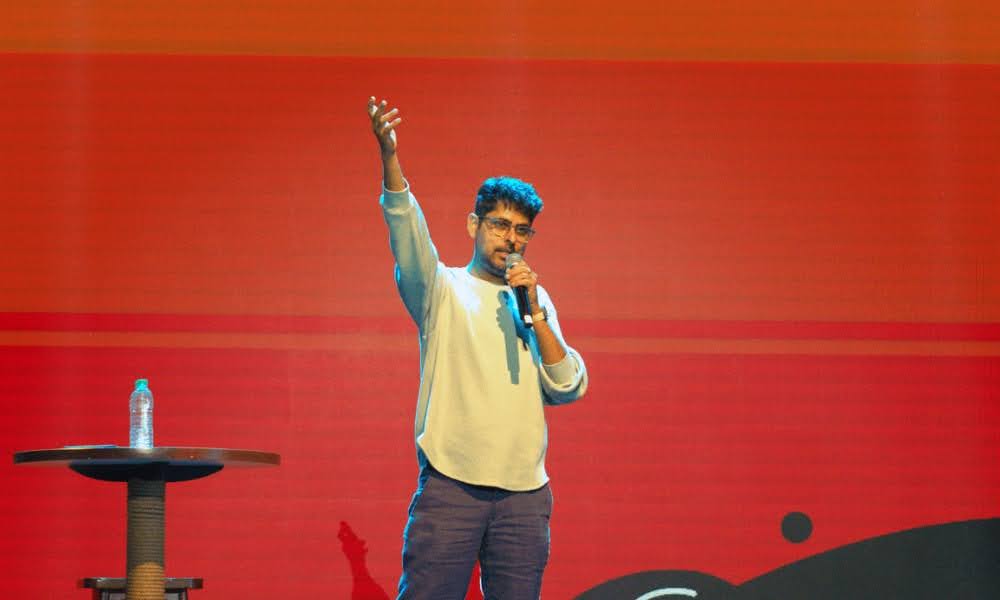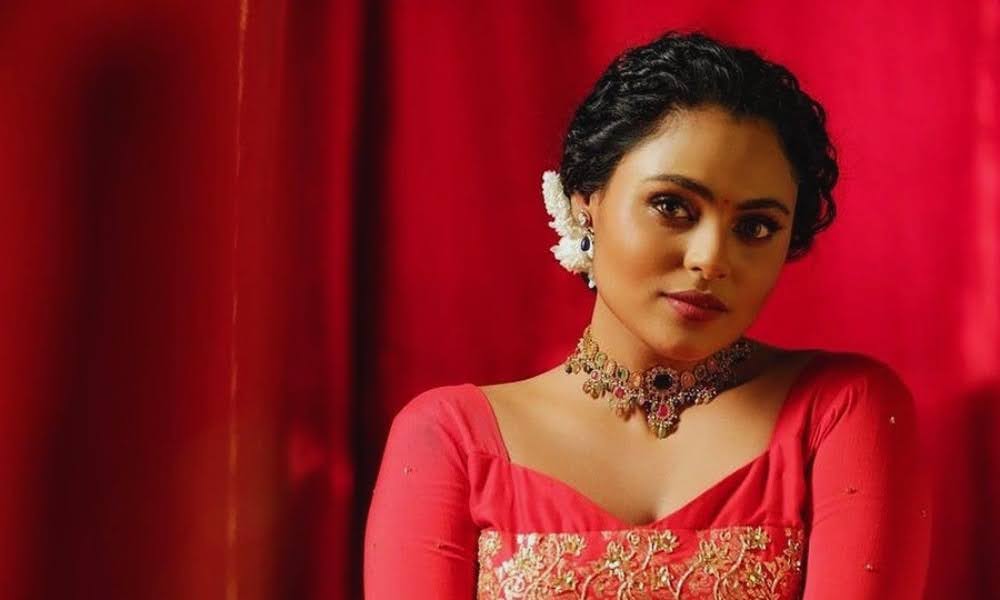Anaya Bangar, Sanjay Bangar’s Child, Shares Journey of Gender Transition and Challenges in Cricket Career
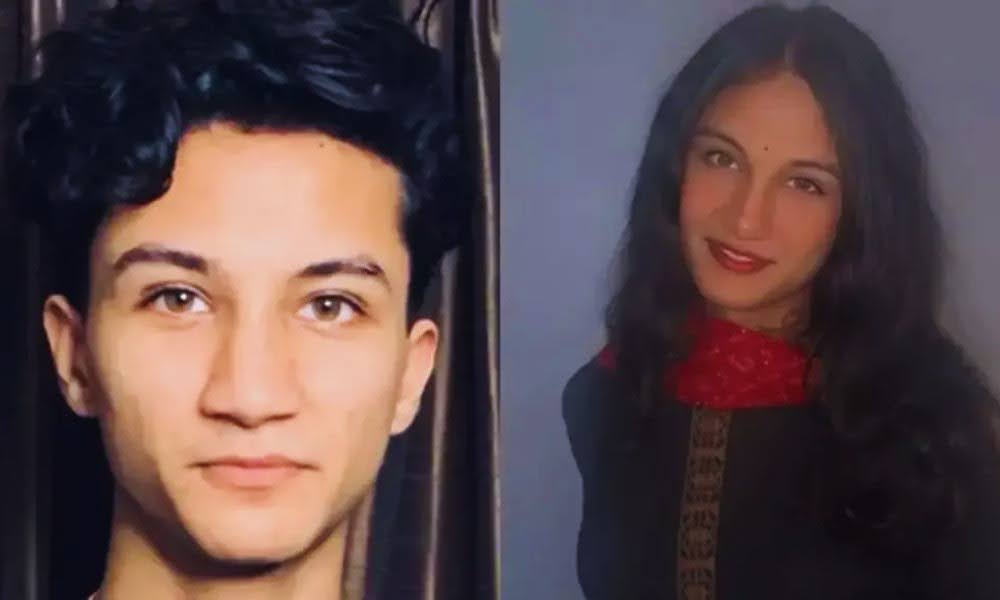
Anaya Bangar, child of former Indian cricketer and coach Sanjay Bangar, has openly shared her experience of transitioning through hormone replacement therapy and gender reaffirmation surgery.
Once known as Aryan, Anaya is also a cricketer who followed in her father’s footsteps and represented Islam Gymkhana in local cricket. She has also played for Hinckley Cricket Club in Leicestershire, UK, where she currently resides.
Early Signs of Identity and Secret Struggles
Speaking to Lallantop in a recent interview, Anaya recalled her early realization about her gender identity.
“For me it was when I was eight or nine years old, I used to pick clothes from my mom’s cupboard and wear them. Then, I used to look into the mirror and say, ‘I am a girl. I want to be a girl’,” she said.
Despite being active in cricket and playing alongside future stars like Musheer Khan, Sarfaraz Khan, and Yashasvi Jaiswal, Anaya said she had to keep her identity secret.
“I had to maintain secrecy about myself because dad is a well known figure. Cricket world is filled with insecurity and toxic masculinity,” she shared.
Harassment and Isolation Post-Transition
After undergoing gender reaffirmation surgery, Anaya spoke about mixed responses from the cricketing community.
“There has been support and there have been some harassment as well,” she said.
When asked what kind of harassment she faced, Anaya replied, “There have been a few cricketers who randomly sent me nude pictures of them.”
She also recalled being verbally abused by a cricketer in public, who would then act inappropriately in private.
“The person used to give gaalis in front of everybody. The same person then used to come and sit beside me and ask for my photos,” she said.
In another disturbing revelation, Anaya narrated how a veteran cricketer reacted when she confided in him about her transition.
“There was another instance, when I was in India, I told a puraane (veteran) cricketer about my situation. He told me, ‘Let’s go in the car, I want to sleep with you.’”
Losing Space in the Game She Loved
Anaya had earlier represented Mumbai U-16 and Pondicherry U-19 teams. But post-transition, the cricketing system offered no place for her. She revealed that her father, Sanjay Bangar, had to break the difficult truth to her.
“My father was just stating the fact that there’s no place for me in cricket. So, I knew I had to take a stand for myself,” Anaya said.
Struggling to cope, Anaya admitted that the lack of opportunity pushed her into a dark phase.
“I dealt with suicidal thoughts as a result, because I felt that the entire world was against me,” she shared.
She clarified that her family supported her, but societal structures and the sport itself made her feel excluded.
“I still had space for myself from the family point of view. But it wasn’t there in society, cricket or the exterior world.”
ICC and ECB’s Exclusionary Policies
In November 2023, the International Cricket Council (ICC) implemented a policy banning transgender women from participating in international women’s cricket if they had experienced male puberty.
“Inclusivity is incredibly important to us as a sport, but our priority was to protect the integrity of the international women’s game and the safety of players,” then-ICC CEO Geoff Allardice said.
Anaya responded to this policy with disappointment through a detailed Instagram post.
Soon after, the England and Wales Cricket Board (ECB) followed with a similar policy, announcing that transgender women would be barred from elite women’s domestic cricket starting in 2025.
Fighting for Dignity and Representation
Anaya continues to use her platform on Instagram to share her journey and advocate for change. Her story reflects the harsh reality that transgender athletes face: being pushed out of their sport not due to lack of talent but because of systemic exclusion.
The lack of institutional support and the prevalence of toxic behaviour within the sport have led many, like Anaya, to feel alienated from the game they love.
“It’s horrible that the decision I took (hormone therapy to transition), for my well-being and identity, has left me with no space in this system. Even basic opportunities and rights are denied,” Anaya said.
Despite these setbacks, Anaya’s resilience and openness continue to inspire, shedding light on the urgent need for a more inclusive and empathetic sporting world.



